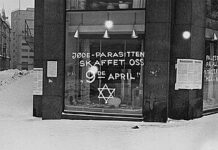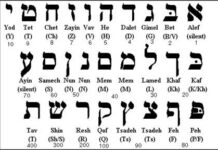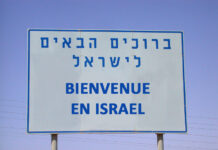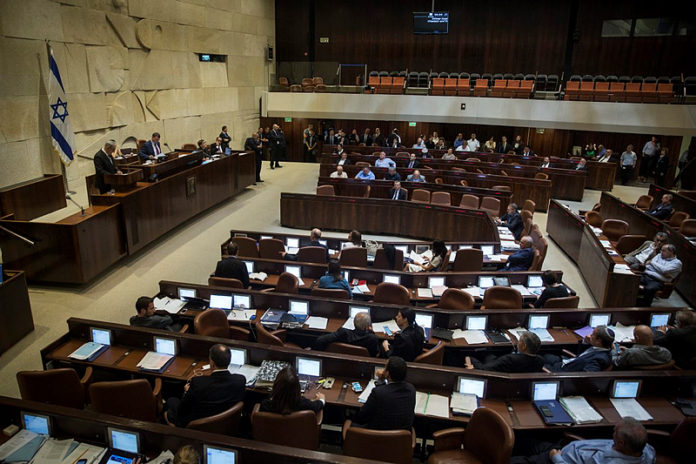Le JPost a fait une estimation du coût des élections. Au moins 300 millions de shekels vont être dépensés pour les prochaines élections qui se tiendront en avril 2019. Il faut rajouter à cela au moins 383 millions de shekels en frais pour le jour de l’élection. Le jour de l’élection en Israël est chômé, ce qui représente un coût supplémentaire énorme. Au total plusieurs milliards de shekels !
Les 120 députés de la Knesset sont élus par un scrutin proportionnel plurinominal. Le seuil électoral passe désormais à 3,25 % des suffrages (contre 2 % auparavant), à la suite d’un amendement de la loi électorale voté par la Knesset le .
Cette augmentation a été défendue par le Premier ministre Netanyahou afin de renforcer la stabilité politique du pays, bien que, selon ces détracteurs, elle serait plutôt un moyen de priver de toute représentation les petits partis s’opposant à la politique du Premier ministre.
JPost : « How much will elections cost Israel’s economy? »
Like many Western countries, Israel provides substantial state funding for political parties and their campaigns. By Eytan Halon
In addition, the budget for the Central Elections Committee – the body charged with overseeing the elections – stands today at NIS 283 million, representing a 17% increase since the 2015 elections. The greatest cost, however, is election day itself. The day is a paid vacation day for almost the entire workforce, and the loss in working hours is expected to cost the country as much as NIS five billion, based on annual GDP.Finance Minister Moshe Kahlon, whose election outcome will almost certainly reflect the public’s faith in his management of the economy since 2015, was quick to highlight the benefits of heading for snap elections. “We decided to head for elections as quickly as possible because the shorter the elections are, the less it will cost the country,” Kahlon said.
Source www.israelvalley.com





























